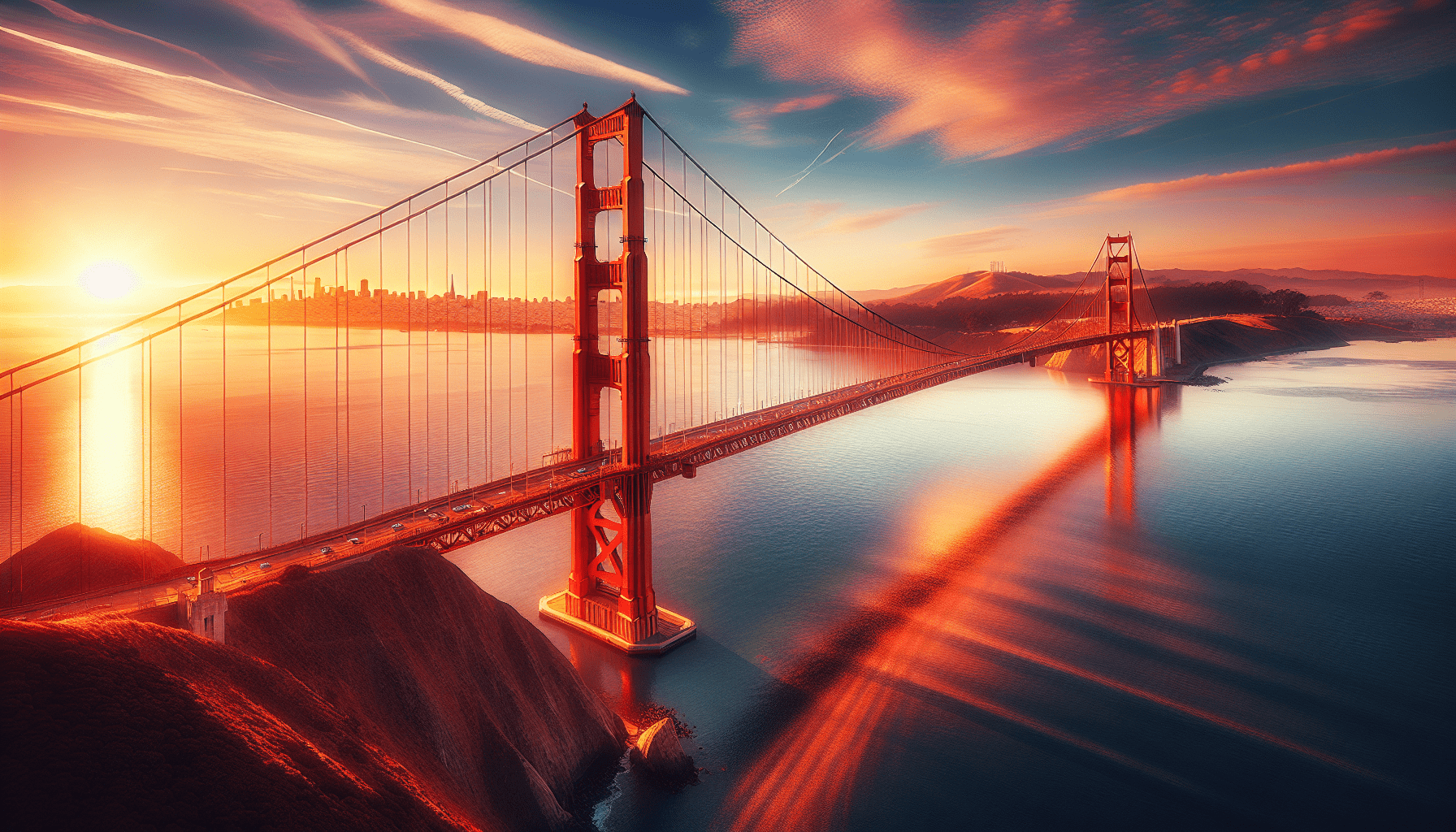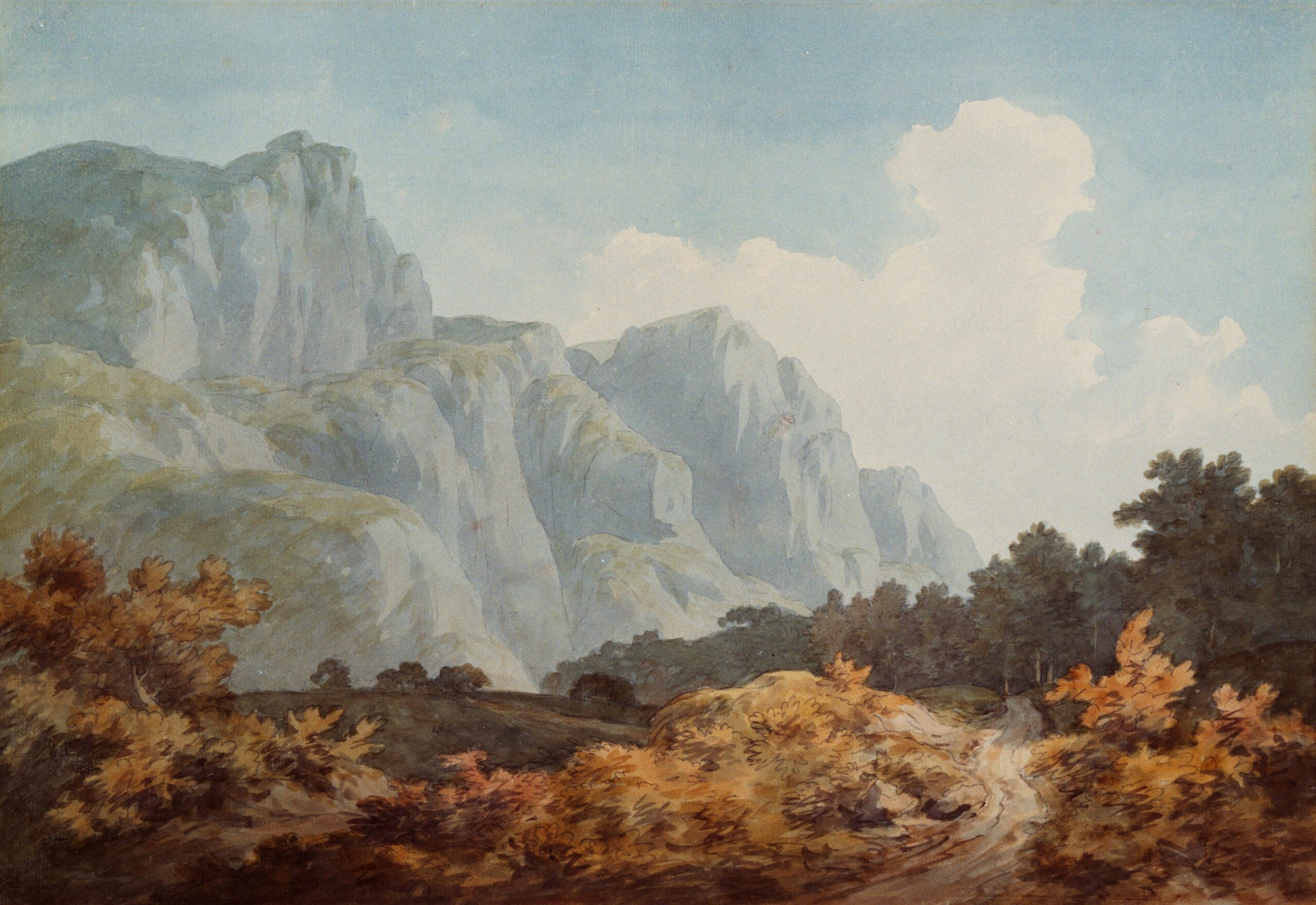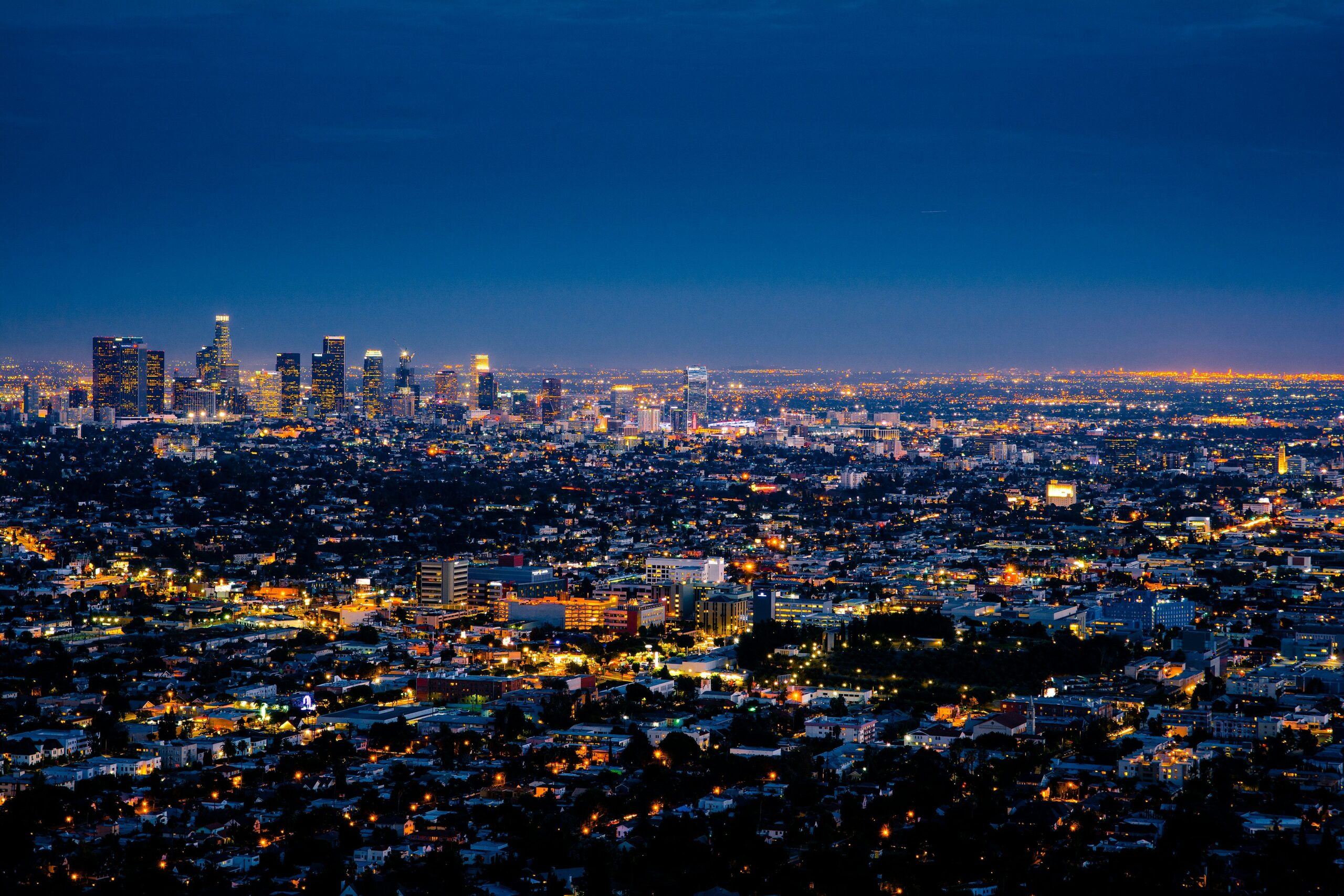Yamadura Mini Refillable Perfume Portable Atomizer Bottle Refillable Perfume Spray, Refill Pump Case for Traveling and Outgoing (5ml, 4 Pack) 4
$7.99 (as of March 10, 2025 20:59 GMT +00:00 - More info)Picture yourself standing before the iconic Golden Gate Bridge, a marvel of engineering and a symbol of San Francisco. This article is your ultimate guide to not just admiring this awe-inspiring structure from a distance, but experiencing it up close. It covers all the essentials, from sightseeing and tours to other must-visit attractions in the city. You’ll be armed with expert tips and some lesser-known facts that promise to make your visit truly unforgettable. And to ensure you don’t miss out on anything, we’ve included all the practical info you might need – think websites, addresses, phone numbers, and operating hours. So, lace up your walking shoes and get ready to explore the Golden Gate Bridge like never before.
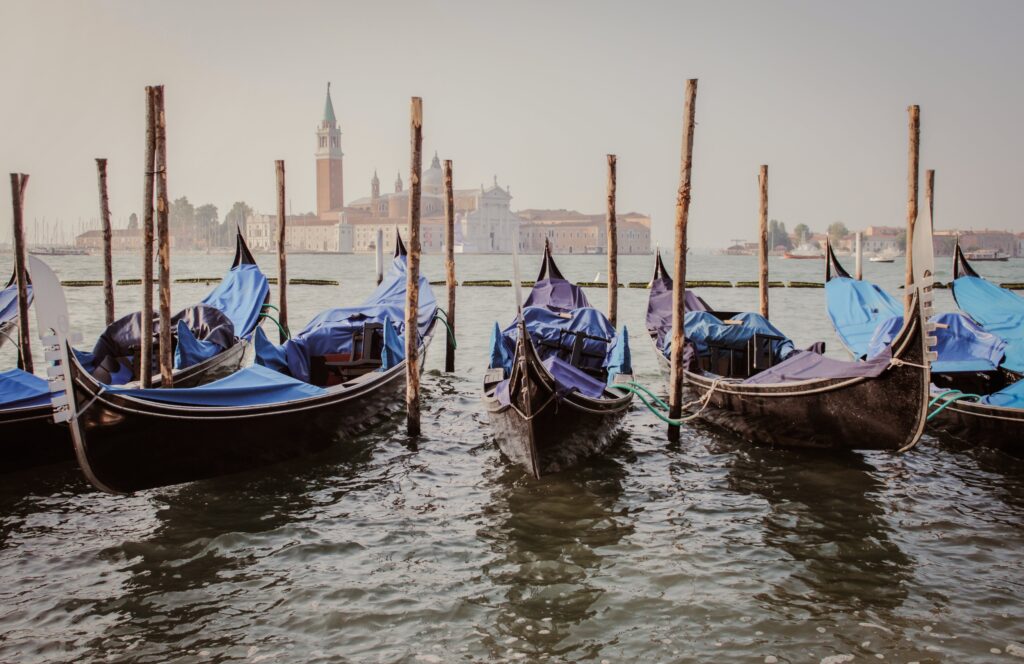
History and Construction
The idea and inception of the bridge
Imagine a time before the Golden Gate Bridge graced the San Francisco Bay. The need for a bridge connecting San Francisco to Marin County became apparent as the region’s population grew. Ferries initially served this purpose, but it was clear that a more permanent solution was needed. The idea of constructing a bridge seemed almost fantastical due to the challenging conditions of the strait. Yet, the dream persisted and slowly became a monumental plan set to change the landscape forever.
Engineering challenges and solutions
The engineering hurdles to constructing the Golden Gate Bridge were colossal. The strait known as the Golden Gate is characterized by strong currents, deep waters, and frequent fogs. Designing a bridge to withstand these natural forces required innovative solutions. The engineering team decided on a suspension bridge, which would provide the necessary flexibility and strength. They also planned extensive safety measures, including the ability to sway in heavy winds and resist earthquakes.
Joseph Strauss and the design team
Joseph Strauss, an engineer with a vision, led the project. Initially known for his work on drawbridges, Strauss expanded his team to include experts in various fields to tackle the unique challenges of the Golden Gate Bridge. This team included Leon Moisseiff, who proposed the deflection theory for the bridge’s design, and Charles Ellis, who performed critical calculations. Together, they brought Strauss’s vision to life, overcoming numerous technical and financial challenges.
Construction timeline and major milestones
Construction began in 1933, a bold move during the Great Depression. The project created much-needed jobs and symbolized hope for many. Among the major milestones were the completion of the tower on the Marin side, the finishing of the iconic cables, and, finally, the laying of the roadway. Each step was celebrated as a triumph over the previously insurmountable obstacles.
Opening ceremony and initial public reception
On May 27, 1937, the Golden Gate Bridge officially opened. The event was marked by an opening ceremony that drew thousands of attendees. Pedestrians were the first to cross on foot, marveling at the engineering marvel that now connected two parts of California. The initial public reception was overwhelmingly positive, with the bridge quickly becoming a symbol of human achievement and resilience.
Design and Architecture
Suspension bridge design principles
The Golden Gate Bridge is a masterpiece of suspension bridge design. In this setup, two towers hold massive cables, which in turn support the bridge’s roadway via smaller, vertical cables. This design allows for the bridge to flex in response to wind and weight, ensuring stability and durability.
Significance of the International Orange color
Chosen for its visibility in San Francisco’s frequent fog, the International Orange color of the Golden Gate Bridge also provides an unmistakable aesthetic. This color has become iconic, ensuring that the bridge stands out both in person and in photographs, further cementing its status as a landmark.
Structural specifications and dimensions
Spanning 1.7 miles (about 2.7 kilometers) and with towers reaching 746 feet (227 meters) into the sky, the Golden Gate Bridge was the tallest and longest suspension bridge at the time of its construction. Its roadway can carry six lanes of traffic, alongside walkways for pedestrians and cyclists.
Art deco elements and architectural details
The bridge’s design incorporates elements of Art Deco, visible in the tower decorations and lighting fixtures. This aesthetic choice blends functionality with beauty, adding to the bridge’s iconic status and making it a subject of fascination not just for engineers but also for artists and architects.
Cultural Impact
Golden Gate Bridge in films and literature
The Golden Gate Bridge has captured the imagination of filmmakers and authors alike, making frequent appearances in movies, TV shows, and literary works. Its iconic structure often symbolizes transition, connection, and the pursuit of dreams, reflecting its real-world role in connecting San Francisco to the surrounding areas.
Icon status and symbolism in American culture
The bridge is more than a means of transportation; it’s a symbol of American ingenuity, resilience, and forward-thinking. It represents the overcoming of great obstacles, both natural and man-made. Its image is deeply ingrained in the American cultural landscape, recognized worldwide as a symbol of San Francisco and the United States as a whole.
Influence on art and photography
Artists and photographers are drawn to the Golden Gate Bridge’s majestic presence and vibrant color. Its structure has inspired countless works of art, from paintings to photographs, each capturing the bridge in different lights and from unique perspectives. It serves as a muse to many, symbolizing strength, beauty, and the endless possibilities of human creativity.
Public events and celebrations hosted on the bridge
Over the years, the Golden Gate Bridge has been the site of numerous public events and celebrations. From anniversary commemorations to impromptu gatherings, these events have brought together communities, highlighting the bridge’s role not just as a physical connector but also as a place of unity and shared experiences.
Engineering Marvels
Wind and earthquake resistance features
The bridge was designed with the ability to withstand the powerful winds and potential earthquakes that characterize the San Francisco Bay Area. Its flexible roadway and suspension system allow it to move with the forces of nature rather than against them, a feature that has been crucial in its longevity.
Innovative construction techniques
The construction of the Golden Gate Bridge involved several innovative techniques, including the use of safety nets and the extensive use of riveting in place of welding. These methods not only ensured the structure’s durability but also protected the workforce, leading to safer construction practices in future projects.
Safety measures and maintenance strategies
Ongoing maintenance is key to the bridge’s safety and longevity. This includes regular inspections, painting to protect against corrosion, and structural upgrades. These efforts ensure that the bridge remains safe for all users, preserving its structural integrity against the elements.
Recent upgrades and retrofitting efforts
In response to advances in earthquake engineering, the bridge has undergone significant retrofitting to enhance its earthquake resistance. These upgrades ensure that the bridge can continue to serve as a vital transportation link and iconic landmark for generations to come.
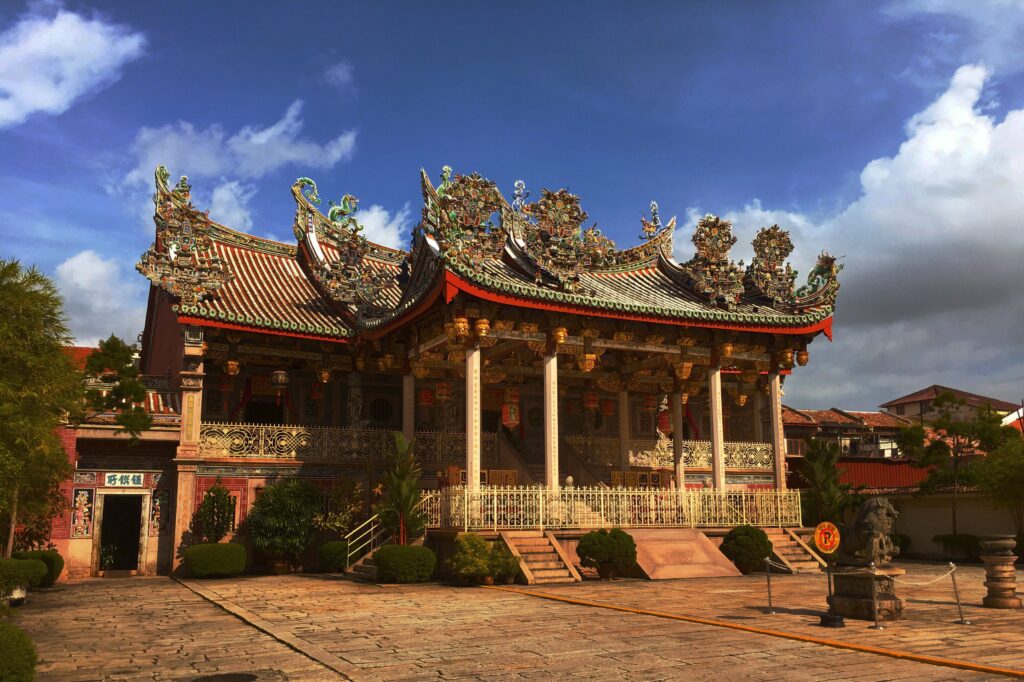
Tourist Attraction
Guided tours and sightseeing options
For those wanting to delve deeper into the history and engineering of the Golden Gate Bridge, guided tours offer a wealth of information. These tours provide insights into the bridge’s construction, architecture, and impact, making for an enriching experience whether you’re a first-time visitor or a lifelong resident.
Best viewpoints and photo opportunities
There are several prime locations for viewing and photographing the Golden Gate Bridge. Vista points on both the San Francisco and Marin sides offer panoramic views, while a walk or bike ride across the bridge provides up-close perspectives. Don’t miss the chance to see the bridge at sunrise or sunset, when the lighting adds a breathtaking dimension to its beauty.
Visitor center and educational exhibits
The Golden Gate Bridge Visitor Center is a treasure trove of information, featuring exhibits on the bridge’s history, construction, and cultural significance. It’s a great starting point for any visit, providing context and enhancing your appreciation of this engineering marvel.
Souvenir shops and local merchandise
No visit to the Golden Gate Bridge is complete without a souvenir to commemorate the experience. Local shops offer a range of merchandise, from postcards and magnets to more unique items, allowing you to take a piece of the bridge’s history and beauty home with you.
Golden Gate Bridge Today
Daily traffic and usage statistics
The Golden Gate Bridge continues to be a vital transportation link, serving thousands of vehicles, pedestrians, and cyclists each day. Its role in facilitating movement around the Bay Area is as crucial today as it was at its opening, underlining the foresight and ingenuity of its designers.
Ongoing preservation and conservation efforts
Preservation efforts ensure that the Golden Gate Bridge can withstand the test of time. These include continuous monitoring, maintenance, and upgrades, all aimed at preserving the bridge’s structural integrity and iconic appearance.
Impact on San Francisco’s economy and tourism
As one of the most recognizable landmarks in the world, the Golden Gate Bridge significantly contributes to San Francisco’s economy and tourism industry. It draws millions of visitors each year, helping to support local businesses and maintain the city’s vibrant cultural scene.
Current challenges and future prospects
Despite its status as an engineering marvel, the Golden Gate Bridge faces ongoing challenges, including maintenance needs, traffic congestion, and environmental impacts. Addressing these challenges is crucial to ensuring the bridge’s future as both a functional part of the city’s infrastructure and a cherished historical landmark.
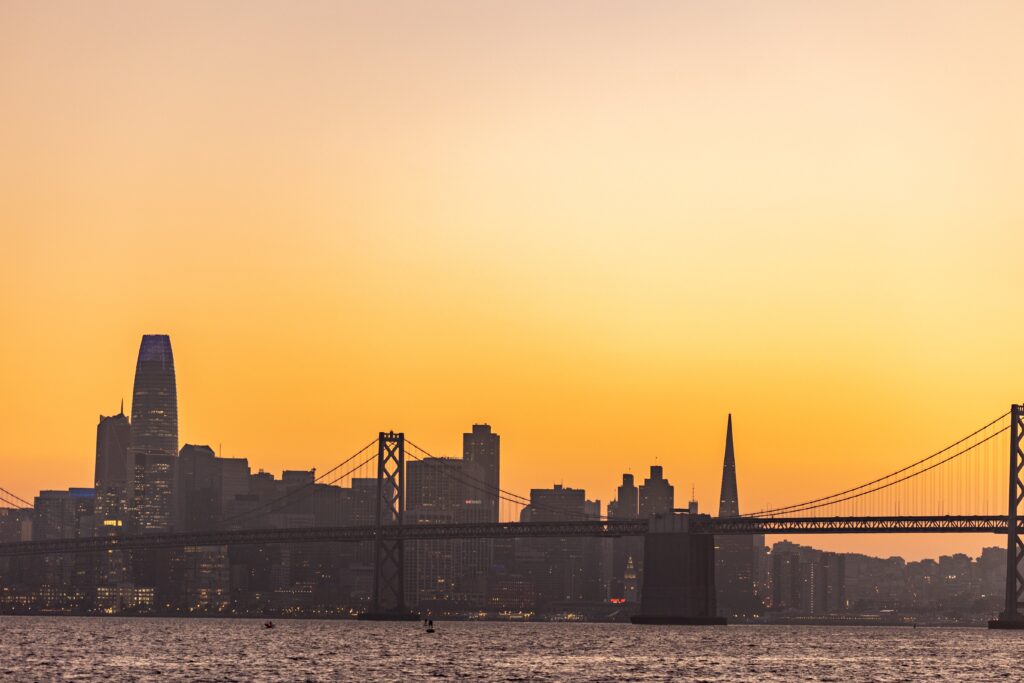
Safety Measures
Suicide prevention and barrier initiatives
Given the bridge’s height and accessibility, it has unfortunately also been a site for suicides. Efforts to address this include the proposal and installation of suicide prevention nets and other barrier initiatives, aimed at saving lives and providing help to those in need.
Traffic safety and accident statistics
Ensuring the safety of all who traverse the Golden Gate Bridge is paramount. Measures such as lane management, speed limits, and regular patrols help to minimize accidents and keep traffic flowing smoothly, contributing to the bridge’s overall safety record.
Emergency response and disaster preparedness
The Golden Gate Bridge is equipped with emergency response plans and infrastructure to deal with potential disasters, including earthquakes. These preparations are crucial for the safety of users and the resilience of the bridge itself, ensuring a rapid and effective response to any incident.
Safety improvements and public awareness programs
Public awareness campaigns and continuous safety improvements are integral to the bridge’s operation. These efforts educate the public on safe usage of the bridge, whether they’re driving, biking, or walking, and ensure that safety remains a top priority in its management.
Environmental Considerations
Impact on local wildlife and marine life
The construction and presence of the Golden Gate Bridge have impacts on local wildlife and marine environments. Efforts to mitigate these effects include monitoring and conservation projects aimed at protecting the natural habitats around the bridge, ensuring that its beauty is matched by responsibility towards the environment.
Sustainability efforts and green initiatives
Sustainability is a key focus in the management and maintenance of the bridge. Initiatives aimed at reducing environmental impact include the use of eco-friendly materials and practices, demonstrating a commitment to preserving the surrounding natural beauty.
Noise and air pollution measures
Reducing noise and air pollution from traffic on the Golden Gate Bridge is an ongoing challenge. Measures to combat these issues include promoting public transportation and clean vehicle technologies, contributing to a healthier environment for both the city and its inhabitants.
Community involvement in environmental preservation
The community plays a crucial role in the environmental preservation of the Golden Gate Bridge and its surroundings. Volunteer programs and public engagement initiatives encourage community members to take active roles in conservation efforts, fostering a sense of shared responsibility and pride.
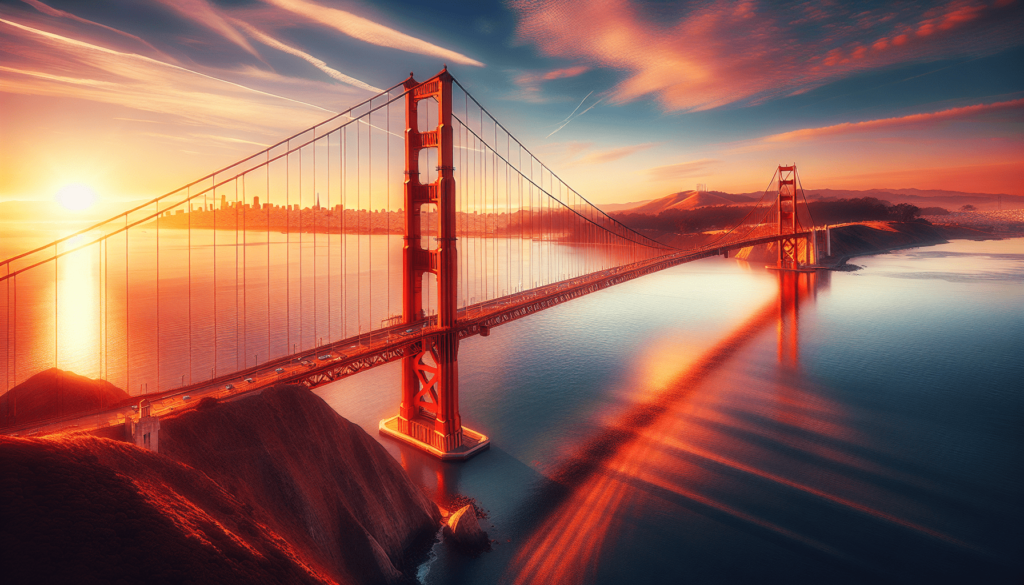
Educational Resources
Educational programs and workshops
The Golden Gate Bridge serves as a living classroom, offering educational programs and workshops that cover its history, engineering, and environmental impact. These programs provide valuable learning opportunities for students, professionals, and curious minds, enhancing understanding and appreciation of this iconic structure.
Online resources and virtual tours
For those unable to visit in person or looking to expand their knowledge, online resources and virtual tours are available. These digital offerings bring the Golden Gate Bridge’s story to a global audience, providing access to interactive learning experiences from anywhere in the world.
Partnerships with schools and universities
Partnerships with educational institutions allow for in-depth study and research related to the Golden Gate Bridge. These collaborations contribute to our understanding of its engineering, cultural significance, and ecological impacts, preparing future generations to care for and appreciate this marvel of human achievement.
Archives and libraries for research
For researchers and historians, archives and libraries containing materials on the Golden Gate Bridge are invaluable resources. These collections offer insights into its construction, history, and role in society, supporting scholarly work and preserving the bridge’s legacy for future study.
Notable Events
75th Anniversary celebration highlights
The 75th Anniversary of the Golden Gate Bridge was marked by grand celebrations, reflecting on its history and significance. Events included historical exhibits, public art installations, and a spectacular fireworks display, bringing together communities in celebration of this major milestone.
Fleet Week and air show performances
Fleet Week is an annual event that includes air shows featuring the Blue Angels. The Golden Gate Bridge provides a stunning backdrop for these performances, attracting spectators from around the world and showcasing the bridge as an integral part of San Francisco’s cultural and community events.
Marathon runs and charity events
The bridge also serves as a picturesque route for marathon runs and charity events, allowing participants to experience its beauty up close while supporting various causes. These events highlight the bridge’s role in promoting health, community involvement, and philanthropy.
Significant closures and memorable moments
Over the years, the Golden Gate Bridge has seen significant closures and memorable moments, from historic visits by dignitaries to spontaneous celebrations of major sporting victories. Each of these moments adds to the bridge’s rich tapestry of stories, demonstrating its enduring place in the hearts of those it connects.

